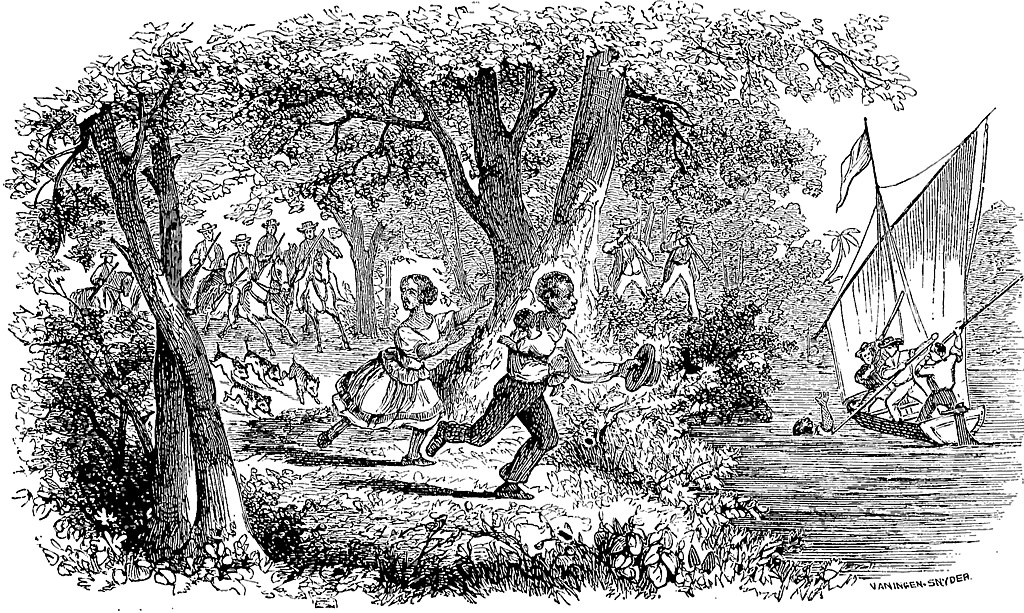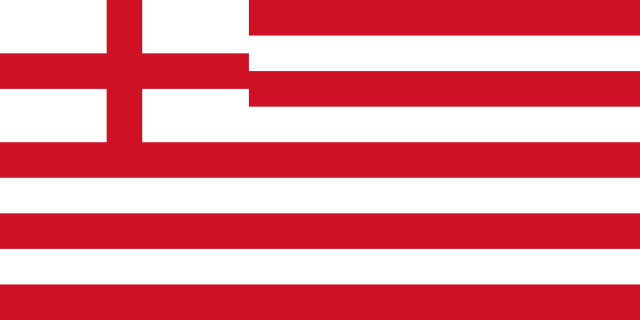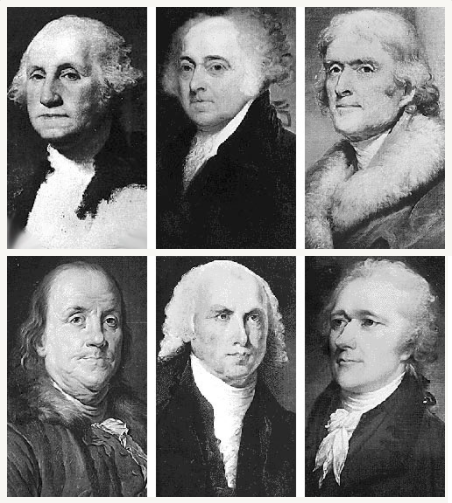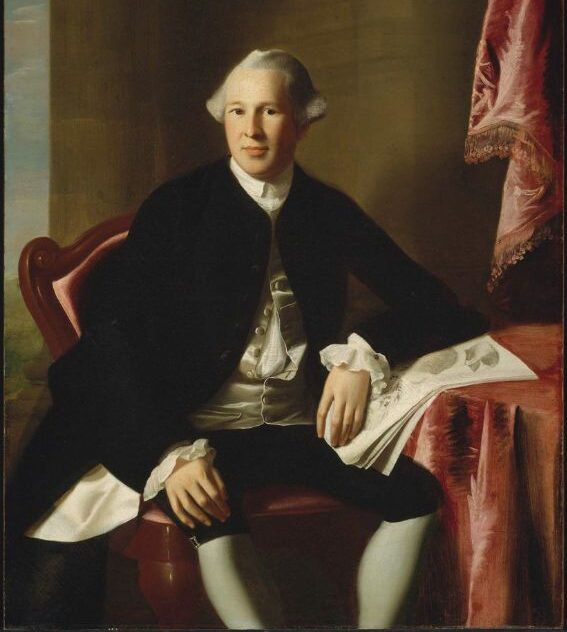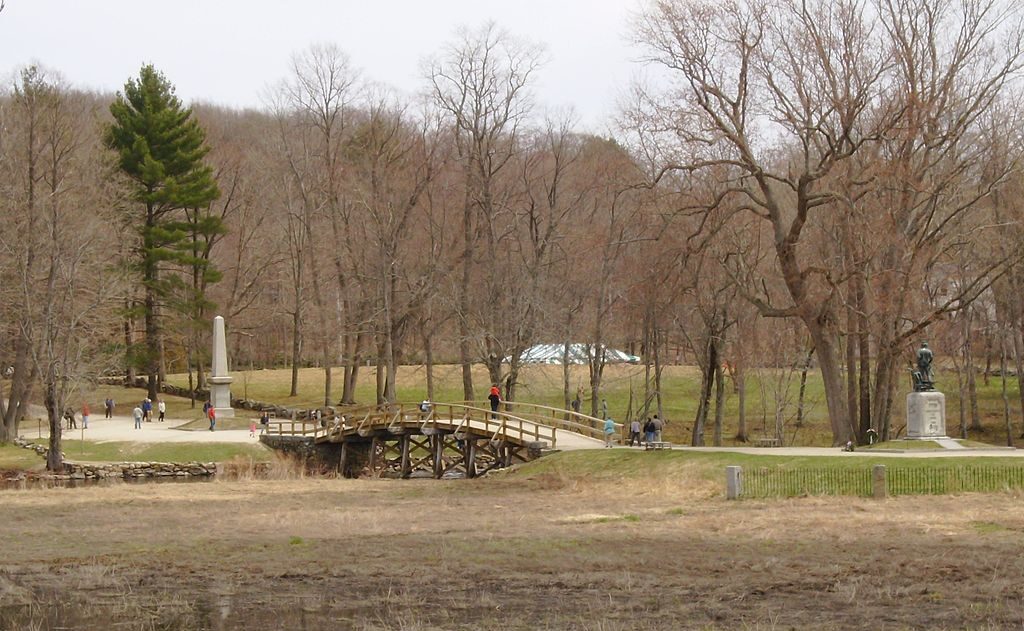Today, many people claim that the United States was “founded on slavery.” America’s history contradicts that claim. American slavery certainly existed leading up to the founding period. It existed in much of the country in the early American Republic. It is simply
Read More
In December, 1773, one of the most famous events of the American revolutionary period occurred, the Boston Tea Party. What triggered that event? Today, we look at the Tea Act, an Act by the British Parliament approved by King George III on
Read More
Who were the Founding Fathers? What makes someone a Founding Father? They were key political leaders during the Founding Period of the United States. The Founding Period includes the run up to the American Revolutionary War, the war itself, and the postwar
Read More
We previously wrote about the Battle of Lexington and Concord. Today, we present, a message from Massachusetts to the people of Great Britain a week after the battle – Joseph Warren’s Letter of April 26, 1775. Hostilities had certainly begun, and the
Read More
The American Revolutionary War began in April 1775. The Battle of Lexington and Concord was the first real engagement of the war. What happened, and what led up to the beginning of war? We explore that here today. Prelude to War The
Read More
